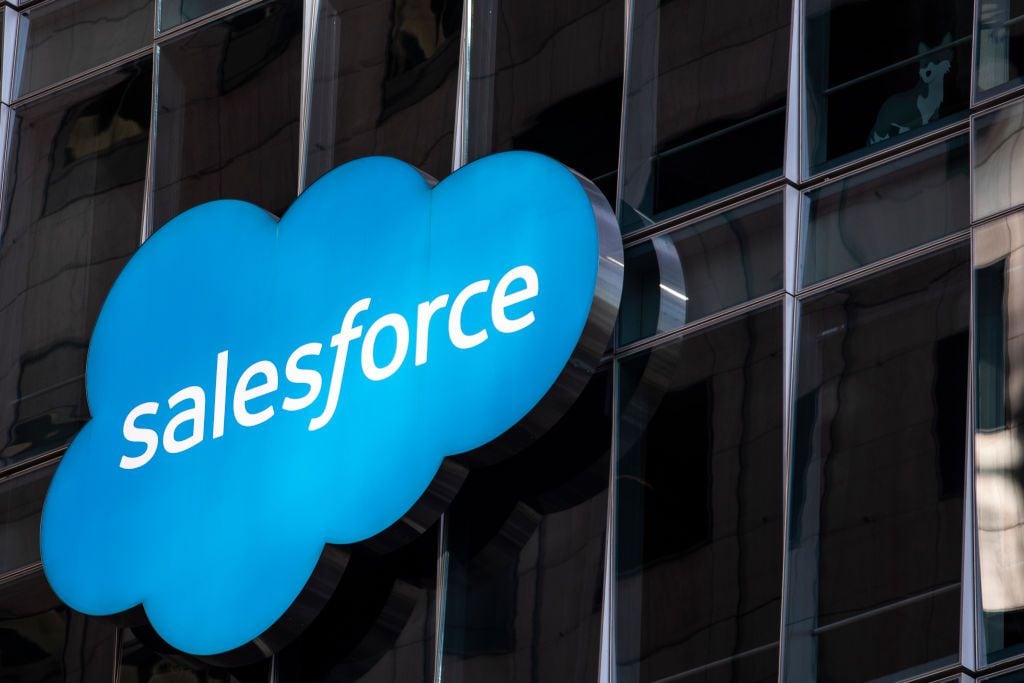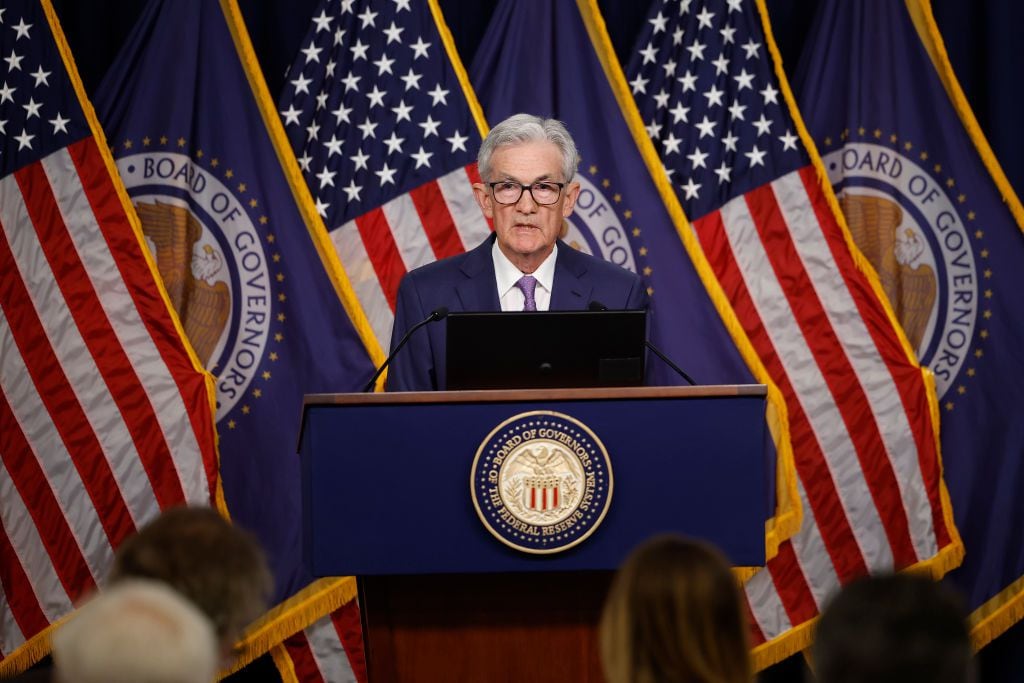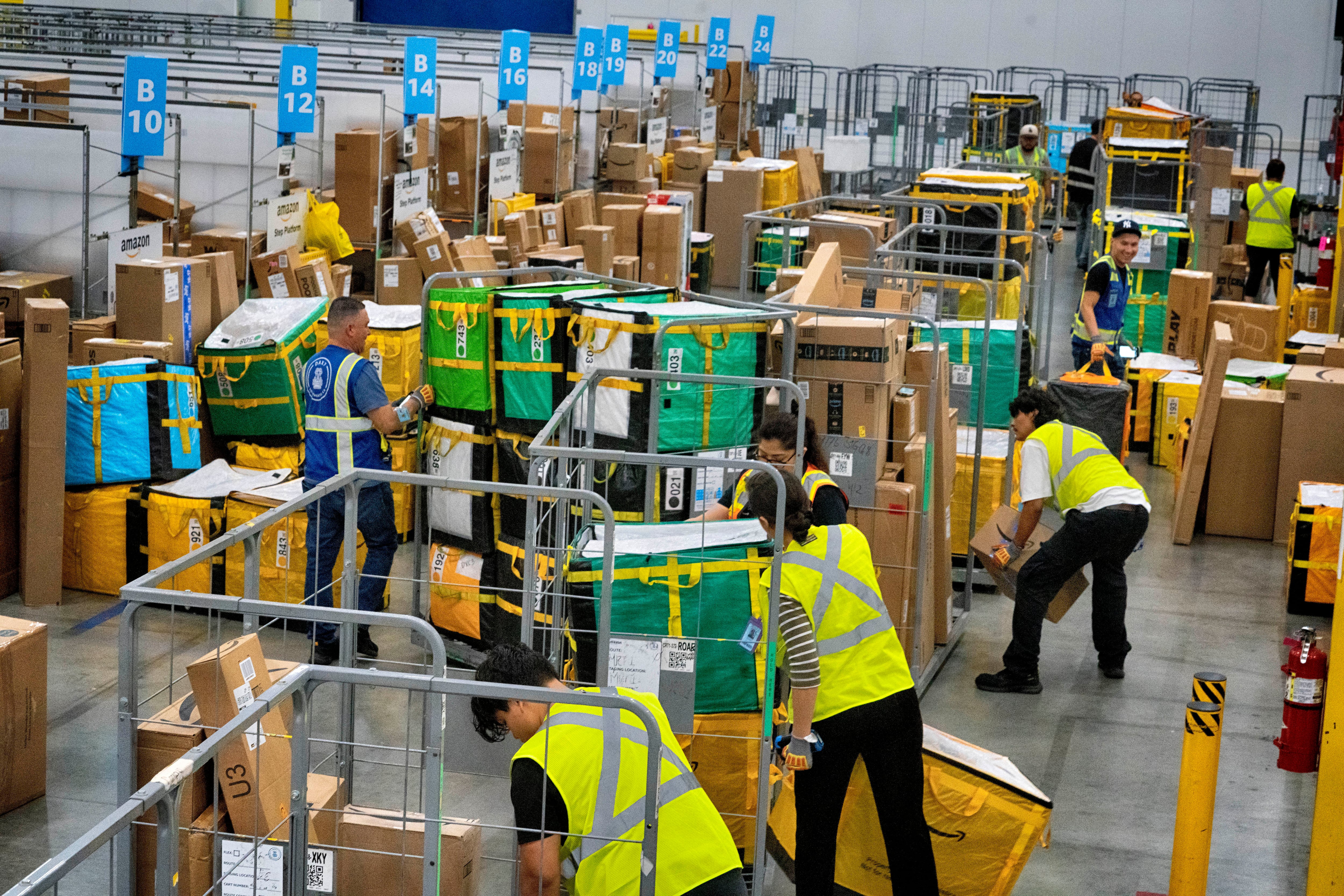While Yamaha has found new ways to incorporate technology into musical instruments — some of which were around for hundreds of years before computers were invented — the president of it's America division says the company is still looking for ways to modernize and has taken seriously the issue of sustainability.
Yamaha Corp. of America President Tom Sumner told Cheddar the company has worked to find ways to combine traditional craftsmanship and technology to create a more "compelling" instrument for musicians.
He says they wanted to make an instrument that creates a better musical experience and give musicians another option when shopping for new ones. "There really isn't a demand out there for musicians, we're trying to create a more compelling thing for them."
One of the first instruments they focused on was the piano, recalled Sumner. "We started with the digital piano and we said it needs to sound better (as opposed to a piano that is 2 feet in front of your face). You need to feel like you are sitting in front of a 9-foot concert grand, so we developed a sound system that would do that."
Meanwhile, many traditional acoustic instruments are made with wood and Yamaha has made an effort to provide sustainable resources in the communities they source from. "We went to Tanzania and worked with communities and said let's plant some trees. And we actually planted 5,000 African Blackwood trees to get some sustainability there and provide the community with resources," Sumner said.
The effort to make electronic instruments sound like the 'real' thing has been an ongoing battle for many instrument companies, but Sumner says compromise is inevitable and is more focused on creating innovative products for musicians.
"We try to make it so when the musician sits down they go 'wow,' something that makes them respond. If they're responding that way we know we're getting the right thing," Sumner said.












